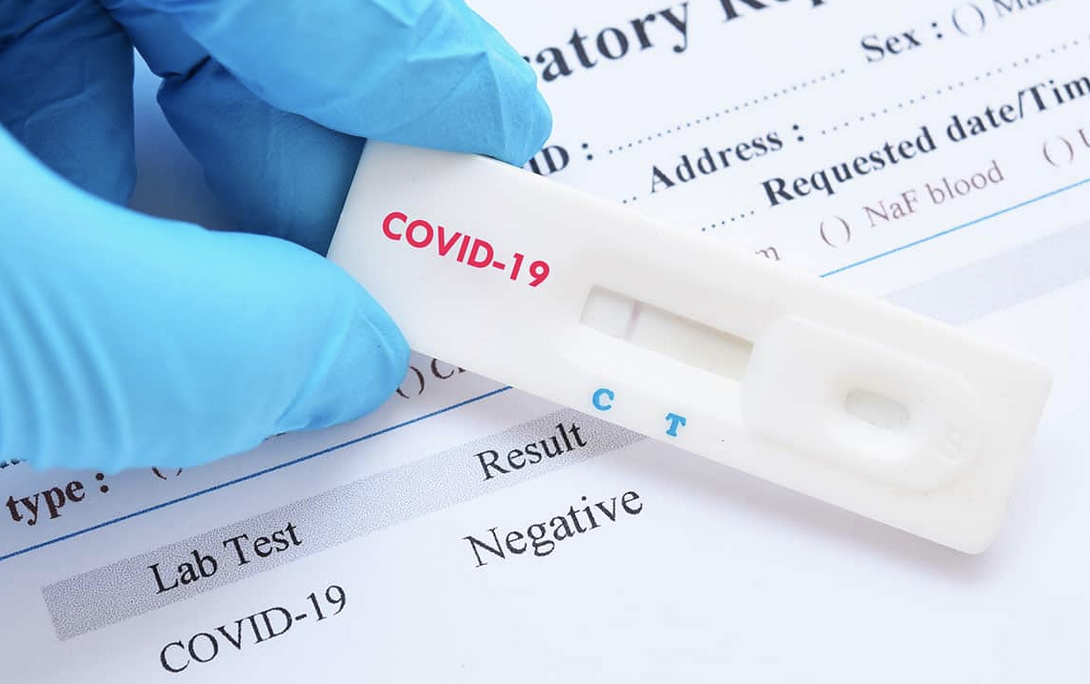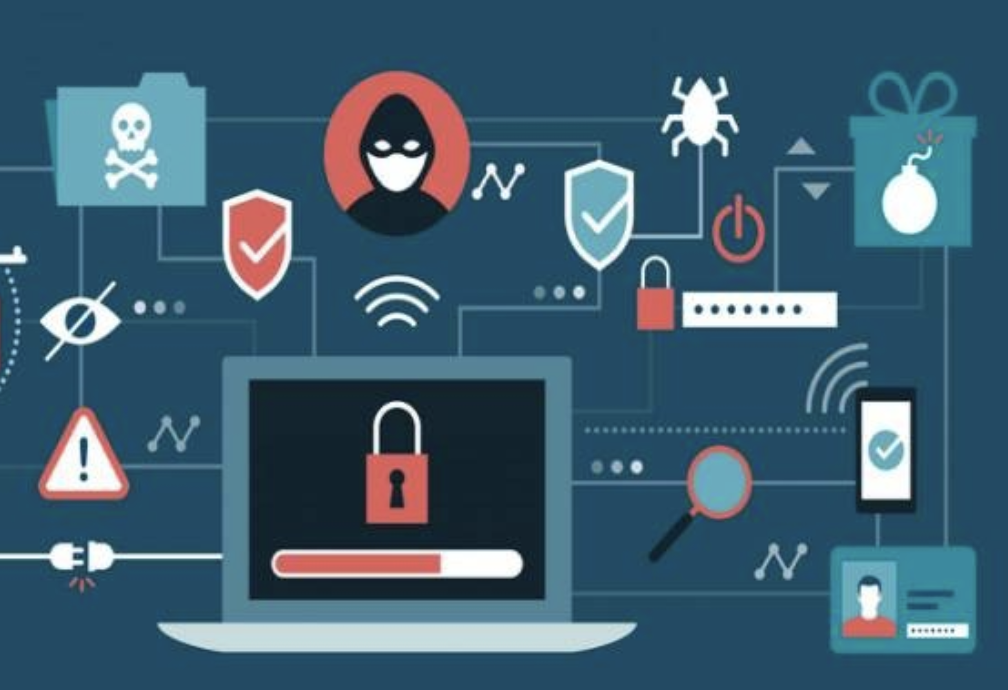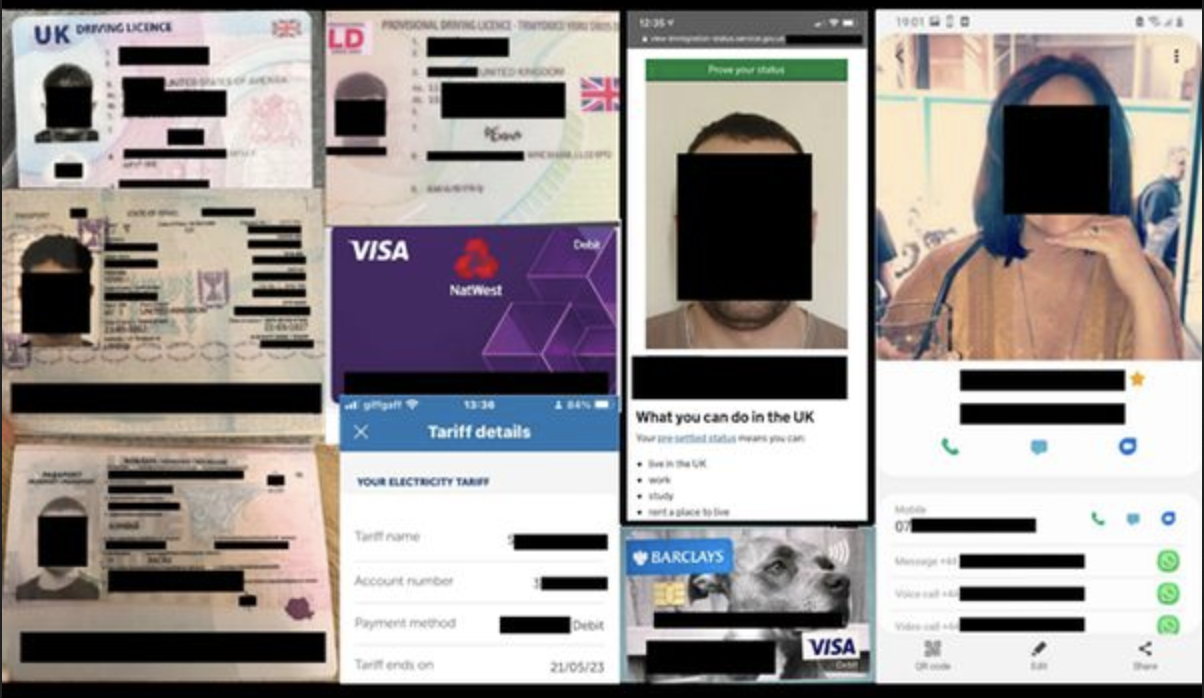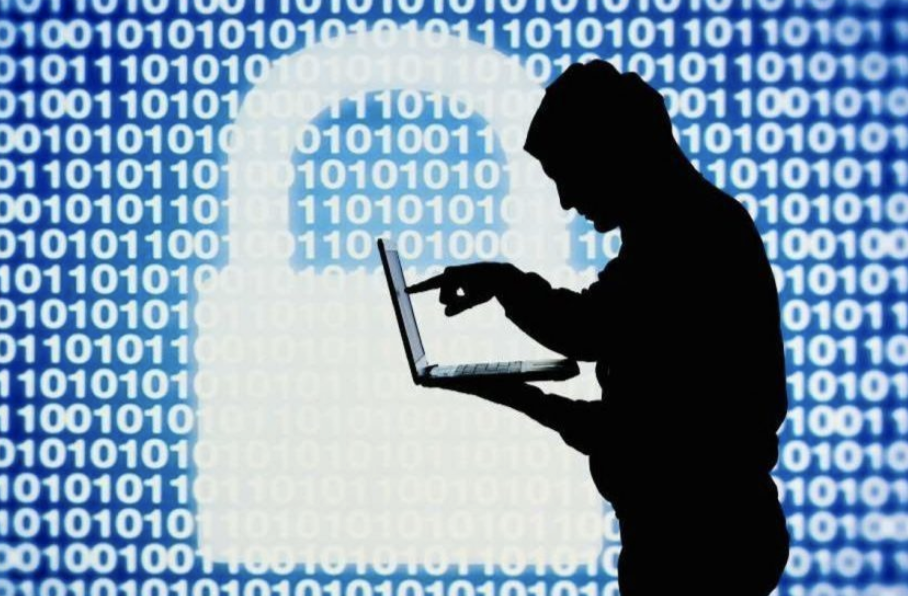
A prominent COVID-19 testing laboratory is reeling from a major data breach, revealing an alarming exposure of an estimated 1.3 million records. The compromised database encompasses a staggering 118,441 certificates, 506,663 appointment records, and details of 660,173 testing samples. This incident raises significant concerns as to why this information is classified as health data and the dangers associated with its public exposure. Coronalab.eu is owned by Microbe & Lab, an ISO-certified laboratory based in Amsterdam, Netherlands.
The Nature of Health Data:
Health data, as evidenced by the compromised records, includes a variety of sensitive information related to an individual’s medical condition, treatment, or health history. In the context of the COVID-19 testing lab, the data can be classified as health information due to the following components:
- Certificates:
- The certificates in the exposed database represent official documentation of COVID-19 test results. This information is inherently linked to an individual’s health status and plays a crucial role in public health management.
- Appointments:
- Scheduling details for COVID-19 testing appointments are a form of health data as they indicate an individual’s concern about their health or potential exposure to the virus. It reveals their proactive approach to getting tested and managing public health risks.
- Testing Samples:
- Details of testing samples are integral health data as they include information about the specimen collected, the testing process, and, most critically, the individual’s COVID-19 test results. This information is highly private and directly pertains to an individual’s health status.
Dangers of Public Exposure:
- Identity Theft and Fraud:
- The public exposure of health data, including names, dates of birth, and potentially passport numbers, significantly increases the risk of identity theft and fraudulent activities. Malicious actors can exploit this information for financial gain or unauthorized access to services.
- Health Privacy Concerns:
- The disclosure of COVID-19 test results on a public platform can lead to severe health privacy concerns. Individuals may face social stigma, discrimination, or unwarranted attention based on their health status, potentially impacting personal and professional aspects of their lives.
- Phishing Attacks and Social Engineering:
- Cybercriminals may use the exposed health data to launch targeted phishing attacks or social engineering schemes. Individuals could be tricked into divulging more sensitive information, leading to further privacy breaches or financial loss.
- Potential Misuse of Health Information:
- The public exposure of health data opens the door to potential misuse. Personal health information could be exploited for purposes ranging from insurance fraud to more insidious activities, posing a direct threat to affected individuals.
The compromised data in the Coronalab Microbe & Lab data breach is considered health data due to its direct link to COVID-19 test results and associated information. The dangers of public exposure extend beyond identity theft to encompass serious health privacy concerns and the potential for various forms of exploitation. This incident highlights the critical need for robust security measures to safeguard health data, ensuring the protection of individuals’ sensitive information in the realm of public health.

Our team of writers, armed with a healthy dose of caffeine and an overflowing imagination covers wacky and weird news. From politics to pop culture, from bizarre headlines to analysis, we take a sideways glance at the world’s happenings, delivering news in a way that’s informative, entertaining, and occasionally eyebrow-raising.



